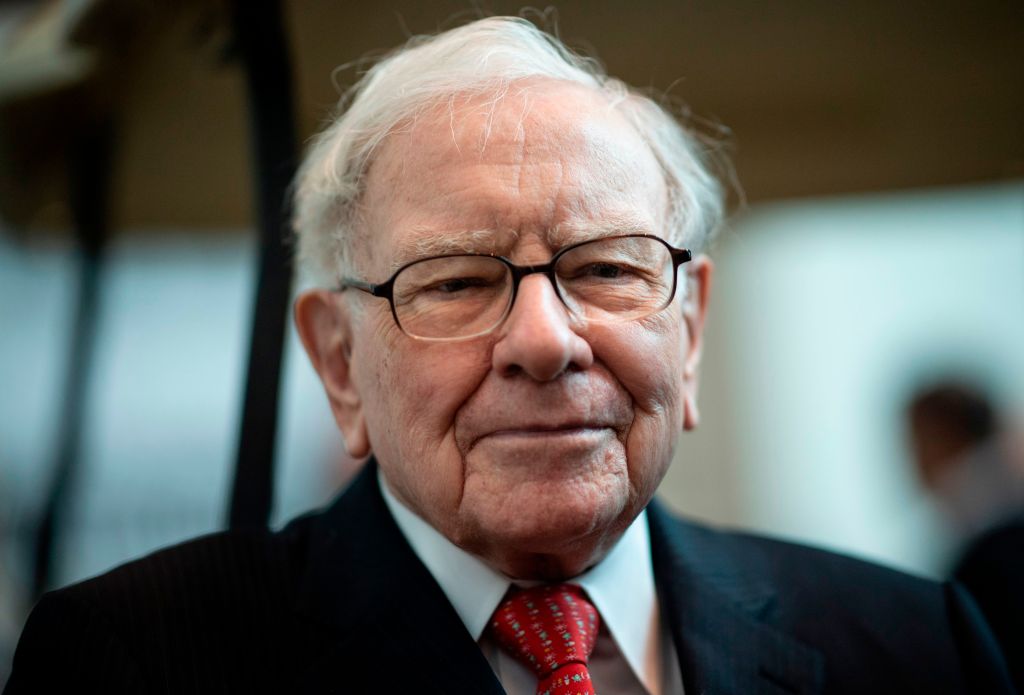There’s a conversation missing from boardroom diversity discussions. We talk about gender diversity. We talk about cultural representation. We debate whether directors should be generalists or specialists. But what we don’t talk about—what we don’t even whisper—is the age gap sitting at the boardroom table.

If you’ve ever been in a board meeting, you’ve probably felt it: the generational divide.
The average age of an ASX 200 board member? 62. The youngest member of Telstra’s board? Bridget Louden—appointed in her 30s. That kind of age representation is rare. It shouldn’t be.
Can you be young and wise?
There’s an unspoken belief that wisdom only comes with decades of experience. But what if wisdom isn’t just about years on the planet? What if you can be an old soul in a young body? What if wisdom isn’t just about longevity, but about curiosity, adaptability, and insight?
Think of it this way: We don’t assume only older people can be entrepreneurs. Mark Zuckerberg, Melanie Perkins, and Sam Altman all disrupted industries before turning 40. Yet, when it comes to governance, we act as though fresh perspectives are incompatible with sound judgment.

Yale professor and author Frank Barrett once said, “Wisdom is not about having all the answers but asking the right questions.” If that’s the case, why aren’t we ensuring our boards have directors who have different lived experiences—some fresh, some seasoned?
The business case for age diversity
A recent PwC study, A Hidden Key to Corporate Resilience: Age Diversity, found that boards with a greater mix of ages make better decisions, respond more effectively to crises, and are better equipped to navigate long-term strategic risks. The report highlights that diverse-age boards outperform homogeneous ones in innovation, risk management, and overall corporate resilience. Yet, most boards remain heavily skewed toward older members, missing the benefits that come from intergenerational collaboration.
Corporate resilience isn’t just about experience; it’s about foresight. Older directors bring institutional knowledge and steady leadership, while younger directors bring fresh insights and digital fluency. When combined, this creates a board that isn’t just reactive but proactive in shaping the future.
The blind spot in board policies: Parental leave for directors
Here’s something that might surprise you: There is no standard parental leave policy for board members. And why would there be? Most board members are well beyond their childbearing years. This raises an uncomfortable question—are we designing governance models that exclude younger talent by default?
Imagine a 37-year-old board member who is pregnant. Or a 40-year-old father of newborn twins. Do we expect them to choose between stepping down or simply “figuring it out”?
If boards are serious about diversity—not just performative checkboxes but genuine, systemic change—then it’s time to rethink outdated structures.
Experience is a multidimensional asset
Warren Buffett, in his 80s, is still making billion-dollar bets. Meanwhile, the most disruptive and powerful companies today are led by people in their 30s and 40s.
Leadership is not about age—it’s about perspective, experience, and the ability to navigate complexity.

What if boards were structured to harness both youthful energy and seasoned experience in a way that fosters real, dynamic debate? Not just the token “one young person” at the table, but a balanced mix—just as we now strive for gender balance (even though we’re not at parity here yet).
The future is multi-generational
As the business landscape shifts at lightning speed, boards need to be as agile as the companies they govern. That means bringing in voices that understand emerging risks—AI, cybersecurity, shifting workforce dynamics.
And if we truly value wisdom, then maybe it’s time we stop equating it with age alone.
After all, as the poet Rainer Maria Rilke once wrote, “The only journey is the one within.” Perhaps that journey begins earlier for some than others.
Boards should be bold enough to recognise it.
Look back on the week that was with hand-picked articles from Australia and around the world. Sign up to the Forbes Australia newsletter here or become a member here.


